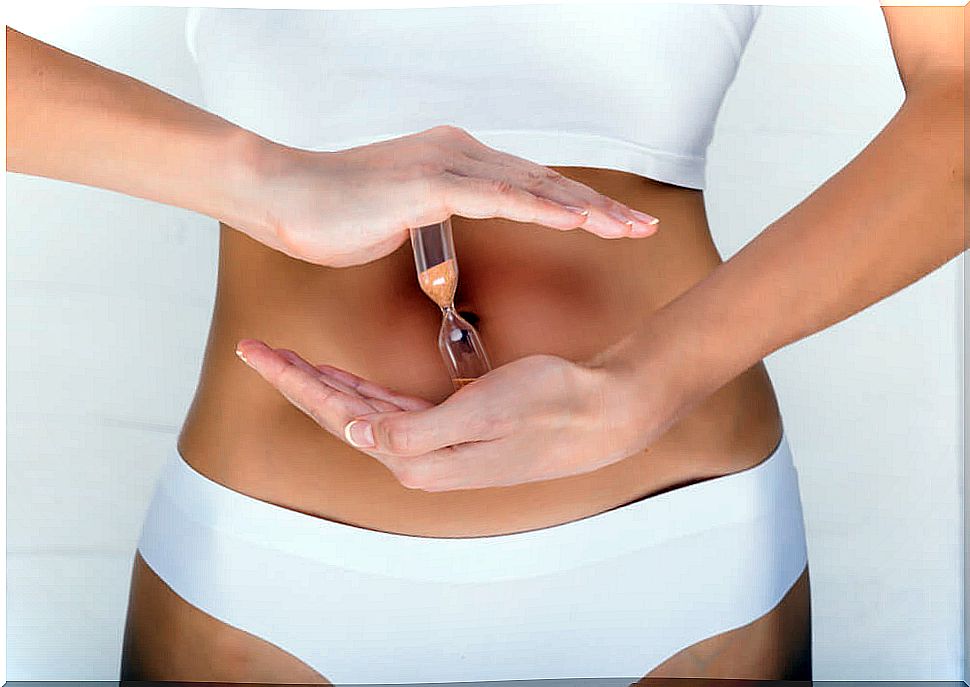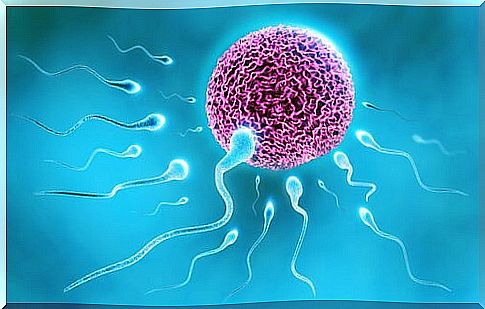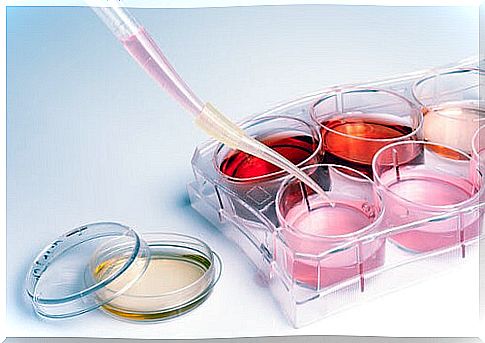8 Things About Your Period That You Probably Don’t Know
Most women know that about every 28 days they will have their menstrual period. Pain, swelling or sudden changes in mood, among others, are some of the associated symptoms that can occur.
Despite this, it is a biological and hormonal process on which many physical and emotional aspects depend. In this sense, there are a number of interesting facts that are ignored, but that occur every month with menstruation.
In general, this is not usually paid much attention. However, the rule could alert to some health problems, either through changes in the flow or even through disappearance.
Because of this, it is important to go to annual appointments with the gynecologist, as well as to follow his instructions. If you have any questions, he can advise you safely and comfortably.
In the same way, it is important that you know your own body and learn to identify everything that happens in it. Here are 8 curiosities that will help you in the process.
1. What happens during the menstrual period

The menstrual cycle is designed for female reproduction. More or less towards the middle of this, ovulation occurs, the moment in which the ovaries release an egg ready for fertilization.
At the same time, the body increases the production of a hormone called progesterone, which thickens the lining of the uterus. Thus, the uterine walls are prepared for the possible implantation of the fertilized egg.
Yes, when the time comes, the ovum remains unfertilized, the walls of the uterus detach, producing bleeding that will last approximately 5 to 7 days.
2. The flow can be changed by contraceptive hormonal treatments
Contraceptive hormonal treatments could make the menstrual period vary in women, as suggested by this study by a team from the Santiago Apóstol Hospital in the Basque Country. The pill, hormonal ring, or implants tell the body that it does not need to make more progesterone, which makes the flow of menstruation lighter.
In fact, it is normal that, occasionally, there are no bleeding or are quite small. This is due to the artificial hormonal regulation that occurs in the body thanks to medical treatments.
3. Pregnancy can occur during the menstrual period

This is something that all women should know. Although the odds are very slim, this research by a team from the National Institute of Environmental Health Sciences suggests that there are chances of pregnancy during menstruation.
According to the research, the so-called “fertility window” could begin during the period and, in addition, it would vary according to the particularities of each woman.
Therefore, having sex during the unprotected period could lead to pregnancy. This can occur, especially, in those women who have irregular periods.
4. A normal menstruation wastes less than a cup of blood
In each woman, bleeding is different depending on the case, hormonal factors and lifestyle. However, the Spanish Association of Out-of-hospital Pediatrics and Primary Care states , at a general level, that the normal measure would be between 30 and 80 ml.
This amount may be somewhat higher if endometrial tissue and vaginal fluids are taken into account. However, bleeding is considered very heavy if 10 compresses are used a day.
If this is your case, and the period lasts more than a week, consider consulting a gynecologist.
5. Beware of toxic shock syndrome
Although it is a rare disease, it is essential that all women change their tampons or pads several times a day to avoid the growth of bacteria that could cause toxic shock syndrome.
This pathology is not always associated with the use of these elements, as expressed in this information from the National Library of Medicine of the United States , but it should be known, especially if tampons are used.
The main causative bacteria is Staphylococcus aureus , which is naturally present in the body.
6. PMS is not a myth
Premenstrual syndrome is a reality and its symptoms usually develop a few days before the start of the rule. Although it is not recognized as a medical condition, many women find their daily life difficult every time their menstrual period approaches.
Its most frequent symptoms would be, according to the Mayo Clinic:
- Swelling of the breasts
- Acne and skin irritations
- Sickness
- Constipation or diarrhea
- Insomnia
- Bloating, bloating, and weight gain from fluid build-up
- Headache or joint pain
- Increased appetite
- Irritability, vulnerability to stress and mood swings.
7. Stress could interfere with your menstrual period.
Hormonal imbalances (as already mentioned) can interfere with menstruation. If this becomes normal, it is best to go to the gynecologist.
However, this does not mean that abnormal periods are the sign of a serious illness, since even stress can influence its arrival and duration, as suggested by this study by Dr. McEwen.
8. The stream contains stem cells

This research carried out by a team from the University of Los Andes (Chile), shows that in the blood that is eliminated during these days there are stem cells that could be used to repair new types of different tissues.
These include:
- Nerve tissue
- Liver tissue
- The pancreas
- Bone tissue
- Adipose tissue
Visit the gynecologist once a year
Even if you are in good health and do not have any symptoms, it is important to go to the gynecologist annually. This will be able to keep track of your state of health and resolve any doubts you wish to raise.
Remember in the same way that only this specialist has enough power to advise you. Do not carry out any type of remedy, natural or not, that has not been approved by him before.








